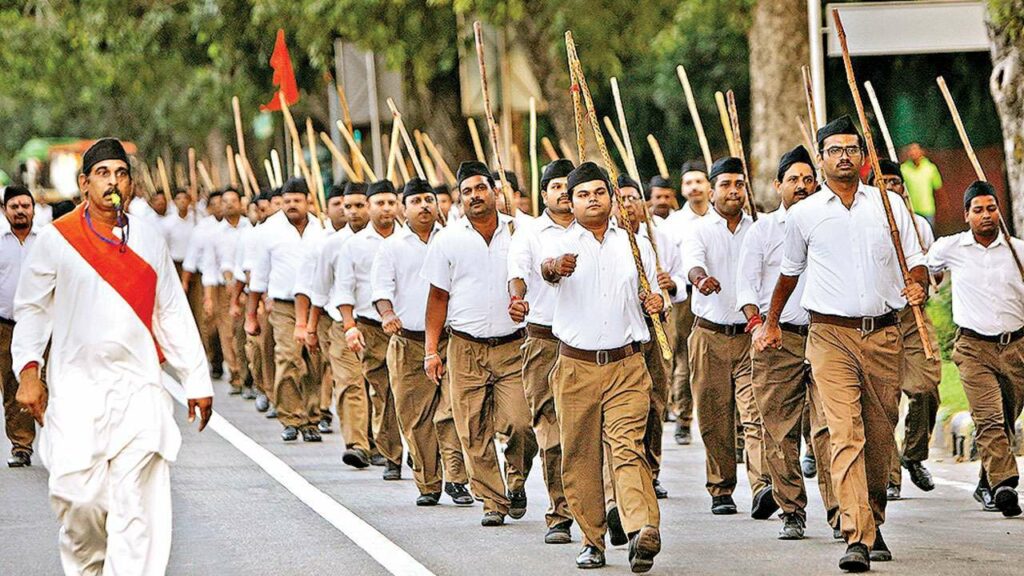NEW DELHI, Nov 5: The Rashtriya Swayamsevak Sangh (RSS) on Saturday cancelled its proposed road marches across Tamil Nadu on Sunday after the Madras High Court granted it conditional permission of holding the rallies only in compounded premises.
The Madras High Court on Friday had permitted the RSS to hold the rallies only in compounded premises like a ground or a stadium and not on road marches citing security reasons. In a statement on Saturday the right wing Hindu outfit said “the order is unacceptable” and that they would appeal against it.
The Madras High Court gave conditional permission to the RSS to hold marches in 44 places across Tamil Nadu on Sunday against permission for 50 place it had sought from the state government which had earlier permitted the march in only three of the 50 places. The RSS, the court ruled, should conduct the march peacefully or face consequences.
“Route marches happen in the open in Kashmir, West Bengal, Kerala & other places. We are not holding our Tamil Nadu route marches on November 6th. We will appeal,” a statement from the RSS said. The court had also denied permission for the march in six communally sensitive places, including Coimbatore, Pollachi, and Nagercoil, following intelligence inputs.
Ruling that it found nothing adverse in the reports by intelligence agencies, the court had allowed RSS to seek permission for the march in even the six other locations after two months. Coimbatore had recently witnessed a car explosion a day before Diwali in which one man, Jameesha Mubin, was killed. The case is being probed by the National Investigation Agency suspecting it to be terror-related incident. The Tamil Nadu government had earlier denied permission, despite the court permitting it on October 2. The RSS had moved a contempt plea.
The state’s Director General of Police (DGP) in a circular to Superintendents of Police (SP) and Police Commissioners asked them to grant permission subject to local law and order situations. The state had cited law and order concerns then, in the aftermath of the ban on the Popular Front of India.
(Manas Dasgupta)

